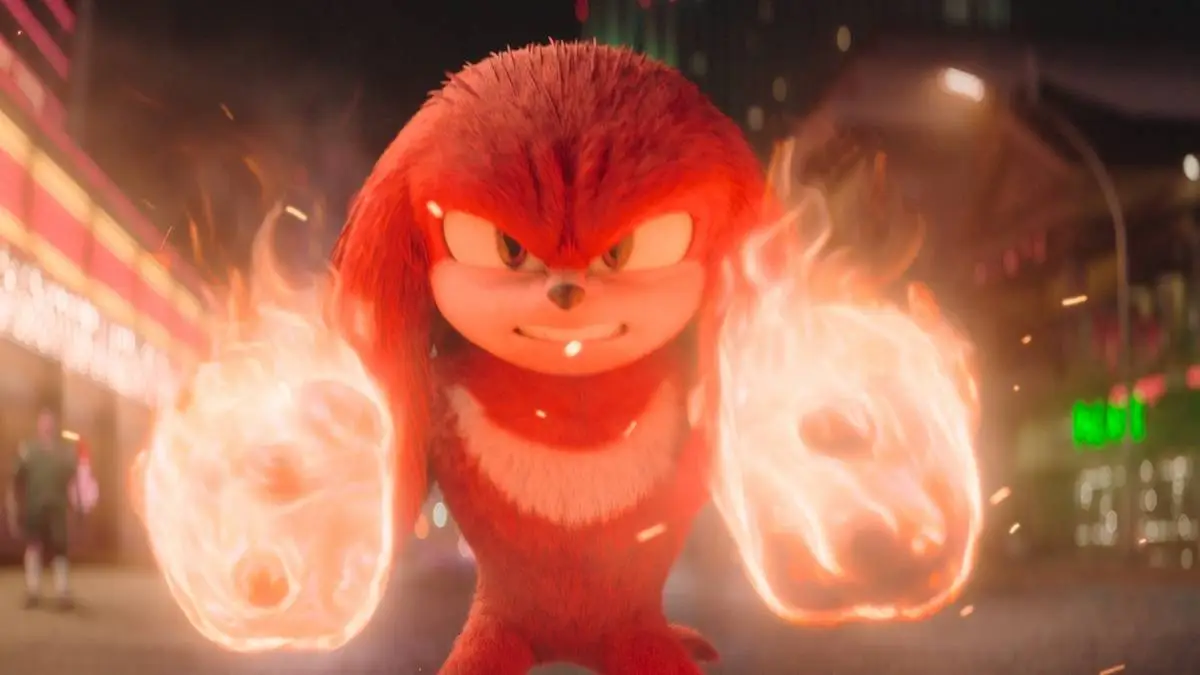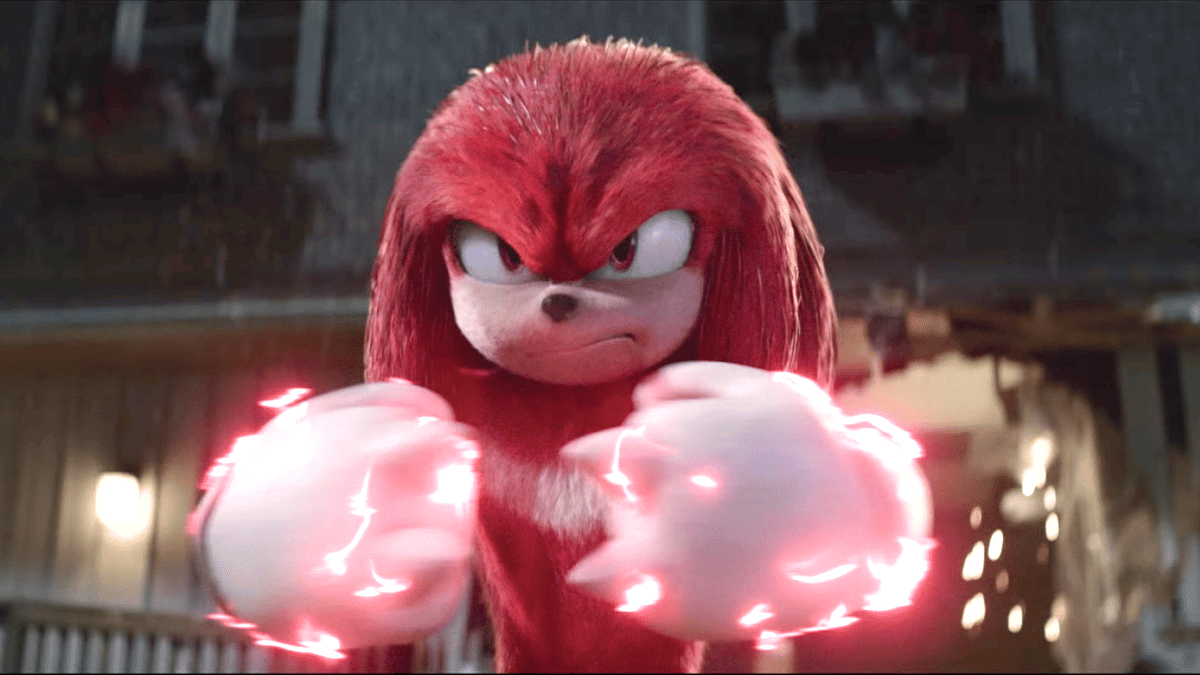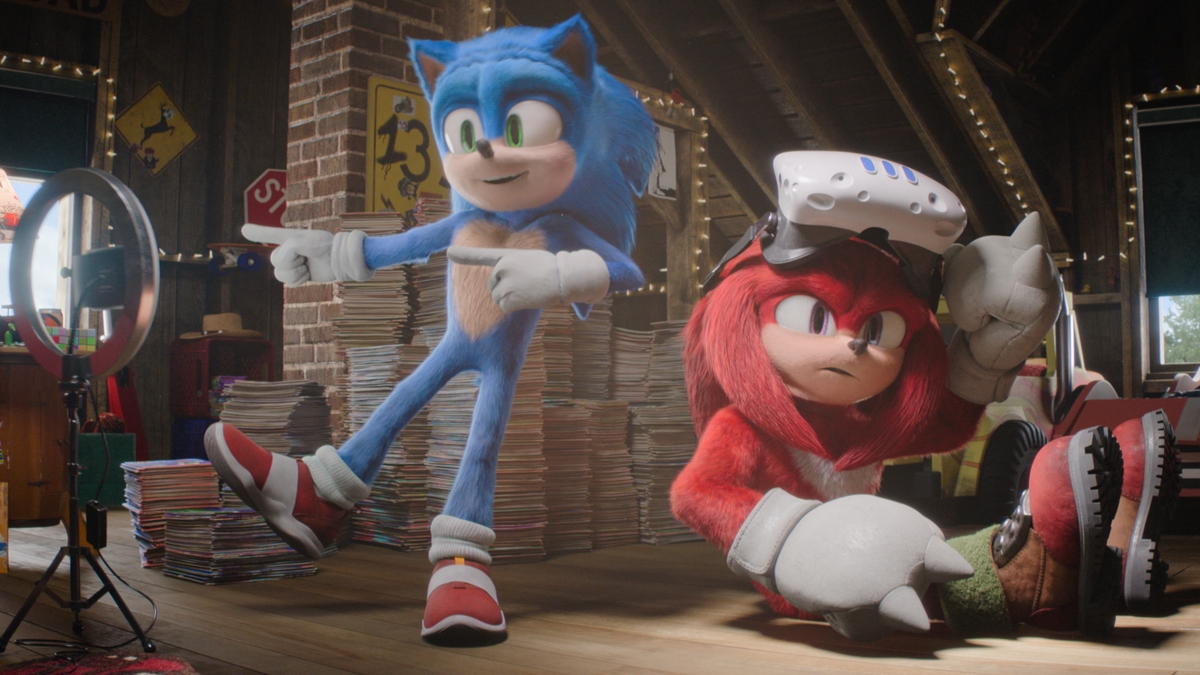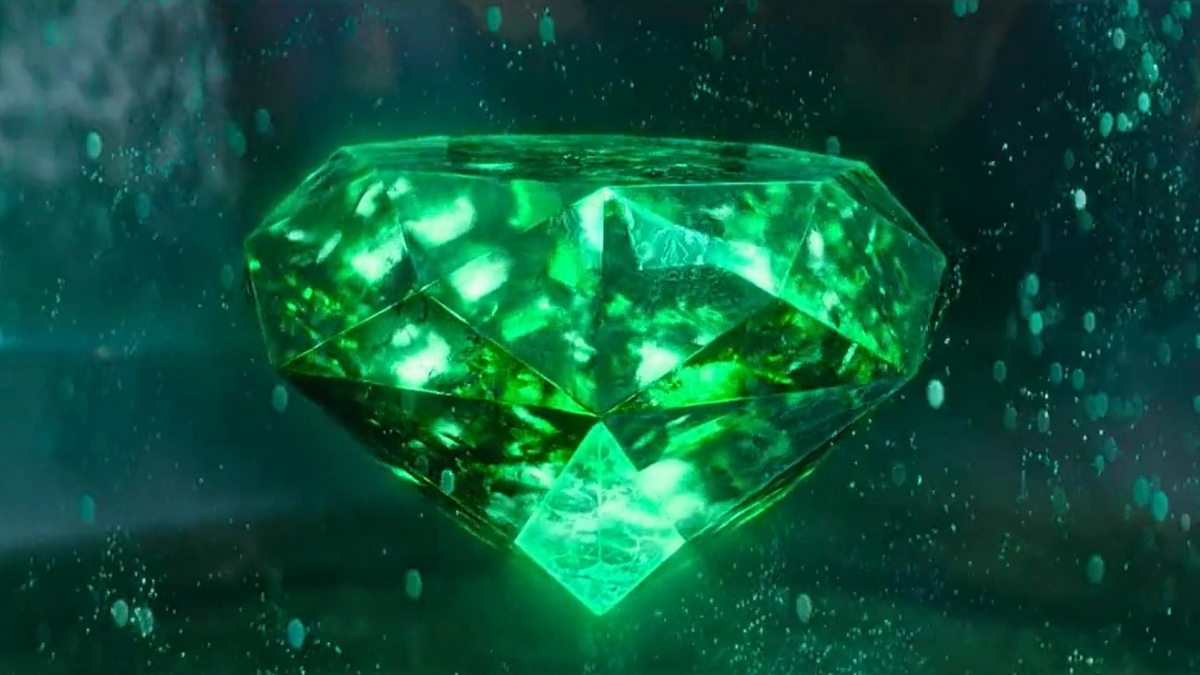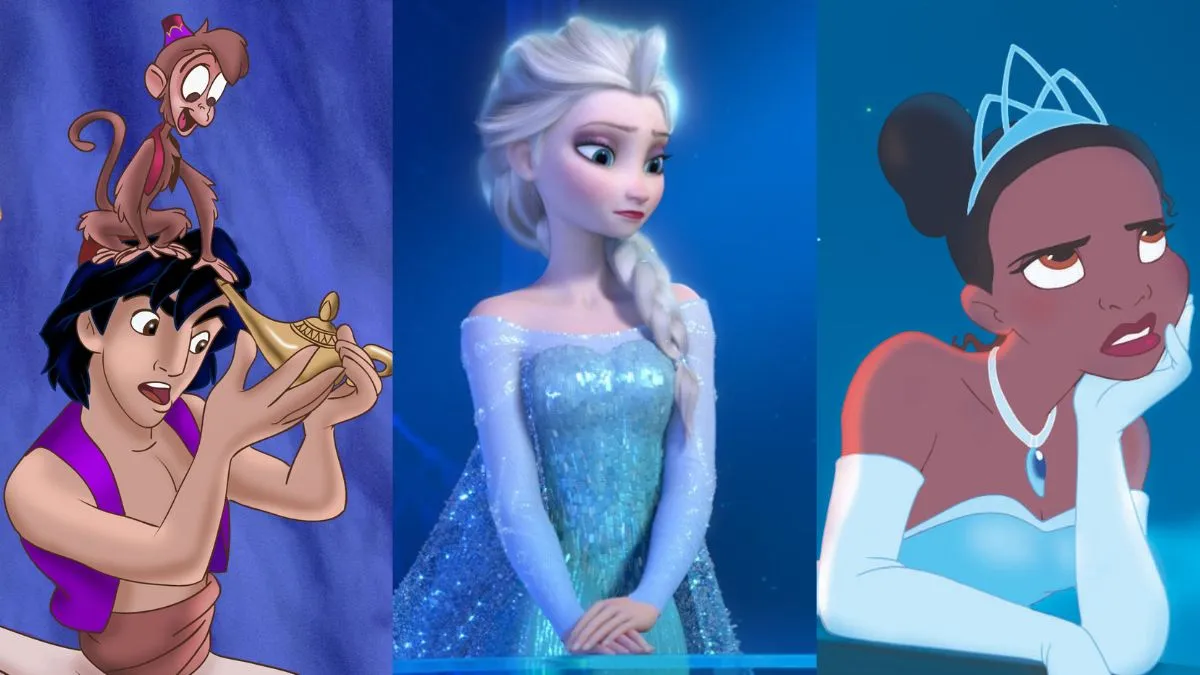
Documentary filmmaker Richard E. Robbins has spent close to six years making Girl Rising, a documentary about the lack of opportunity for females in developing countries to get a good education. Robbins and his crew traveled to several places – among them, India, Ethiopia and Sierra Leone – where the conditions for many young girls are squalid and shocking. There, the Oscar-nominated filmmaker found several girls whose lives had been changed by going to school.
While making Girl Rising, Robbins and his team of filmmakers created 10X10, a social action charity that supports educational programs for women around the world. Since the documentary premiered at Sundance in 2013, Robbins has screened Girl Rising for students and communities in several different continents, hoping to raise awareness and inspire audiences.
We recently had the chance to speak to Richard E. Robbins in an exclusive interview, during which he discussed finding the girls featured in the film, the places making the biggest strides for female education and how we can give back.
Check it out below, and enjoy!
WGTC: You have been working on and developing Girl Rising since 2007. How did you decide on making a documentary about educating girls in the developing world?
Richard E. Robbins: The Documentary Group had been researching a documentary about strategies for ending global poverty. That was just work for hire. We had been hired to put together a proposal for a film, and I started reading about girls’ education as one of those strategies and I was sort of blown away by how compelling the evidence was. At first, I thought it was just me that had missed it, that somehow it had just flown under my cultural radar. Then, when I started talking to people about it just anecdotally, it seemed clear that nobody knew this information. As a filmmaker and a journalist, you stand back and think, here’s this hugely important piece of information that doesn’t seem to penetrate the general consciousness at all.
WGTC: Where did you find the inspiring young women that you featured in the film?
RR: In each country that we selected, we had an NGO partner… somebody working in the field on female education issues. They are on the ground there every day, interacting with hundreds and thousands of girls. They were really our field guides. In each country we went to, we would work with one partner. They would take us around and show us different programs and take us to schools. We would go and do probably 30, 40, 50, sometimes more interviews with a really wide selection of girls – urban and rural, big family and small family. Ultimately, it was the writers who made the final choice of who they wanted to write about.
We made three trips to each place. The first was to interview a wide selection of girls, the second was to chaperone some immersion between the writer and the girl… meet her family, really get to know her. Most of the time, I didn’t know what was going on during those meetings because they were not conducted in English. I was just sort of a bystander watching them get to know to each other. Once we had a piece of writing, then we made a final trip to actually shoot.
WGTC: How difficult was it to get permission from these young girls and their families to tell their harrowing stories of perseverance?
RR: The reason that we decided to pair them with writers and make the film the way that we did was to try to deal with the basic challenges of getting them to be able to talk about themselves and communicate about their lives and open up. That was something that I didn’t think they were going to be able to do with me, or speak directly to camera in a more traditional documentary style. It, in fact, came as a surprise to me when I got my head around it… that these girls are the voiceless.
A lot of work went into trying to figure out how to give them a voice. That is ultimately why we ended up with writers and actresses. I think the girls understood what we were doing and wanted to participate. Once we really sat down and spent time with the families, we found the same. The hard part was just finding ways to allow them to talk about their experiences and their feelings.


